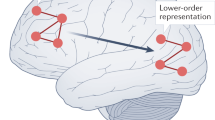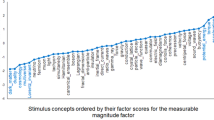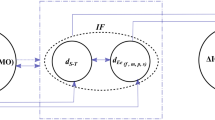Abstract
THE excellent article by “H. D.” with the above title1 seems to me to require a little historical emendation. To regard science as a process of describing and co-ordinating sensations, and matter, space, time and so on as mental concepts introduced to make this co-ordination easier, is not characteristic of the new physics unless we are prepared to date the latter from the eighties of last century. Analyses on these lines were given quite explicitly by Mach then, and were further developed by Karl Pearson in “The Grammar of Science”. Full acknowledgment to Mach was made by Einstein in his earlier papers, but both these pioneers seem to have got overlooked in later developments.
This is a preview of subscription content, access via your institution
Access options
Subscribe to this journal
Receive 51 print issues and online access
$199.00 per year
only $3.90 per issue
Buy this article
- Purchase on Springer Link
- Instant access to full article PDF
Prices may be subject to local taxes which are calculated during checkout
Similar content being viewed by others
References
NATURE, 134, 337, Sept. 8, 1934.
Author information
Authors and Affiliations
Rights and permissions
About this article
Cite this article
JEFFREYS, H. The Philosophy of Sir James Jeans. Nature 134, 499 (1934). https://doi.org/10.1038/134499b0
Published:
Issue Date:
DOI: https://doi.org/10.1038/134499b0
Comments
By submitting a comment you agree to abide by our Terms and Community Guidelines. If you find something abusive or that does not comply with our terms or guidelines please flag it as inappropriate.



